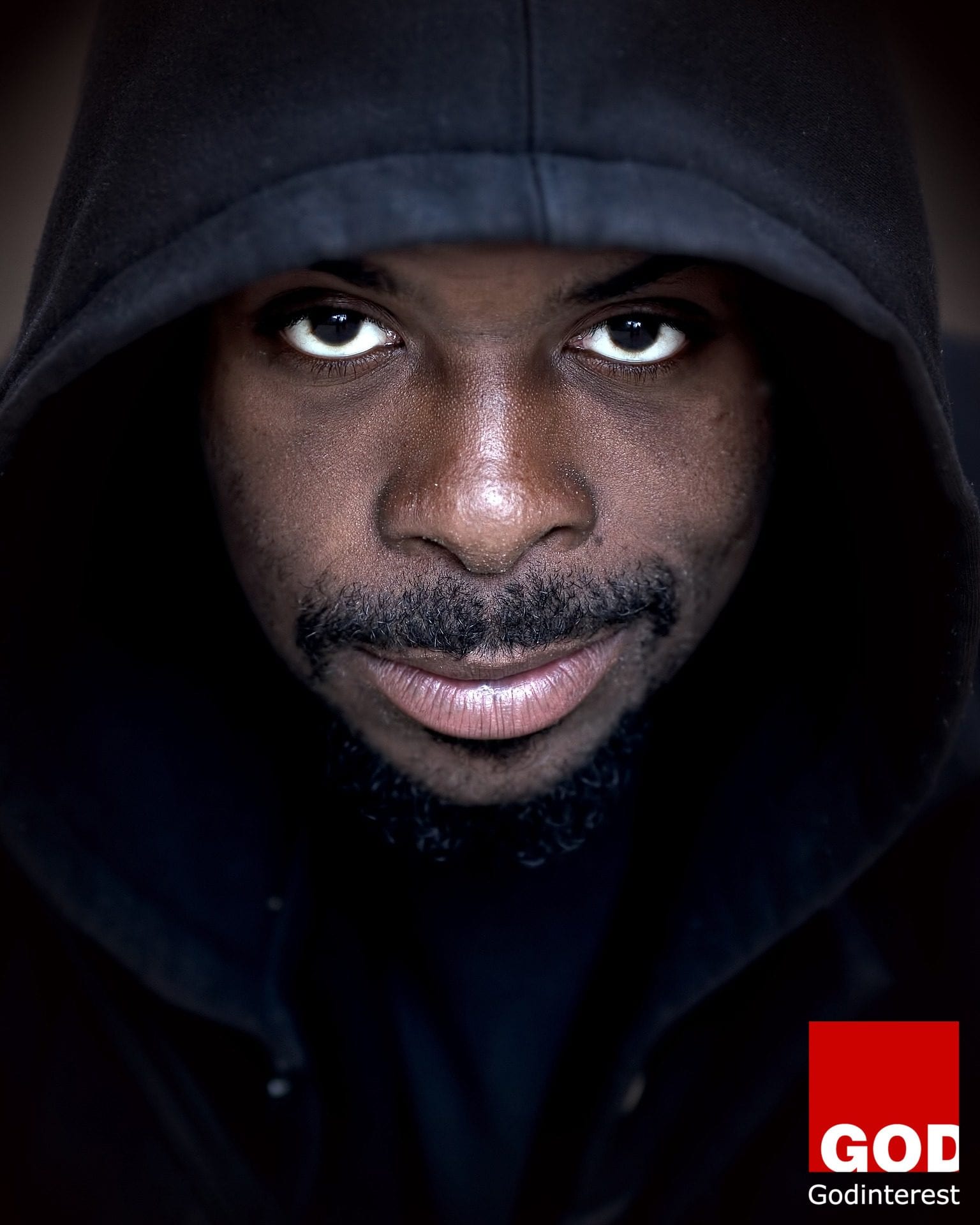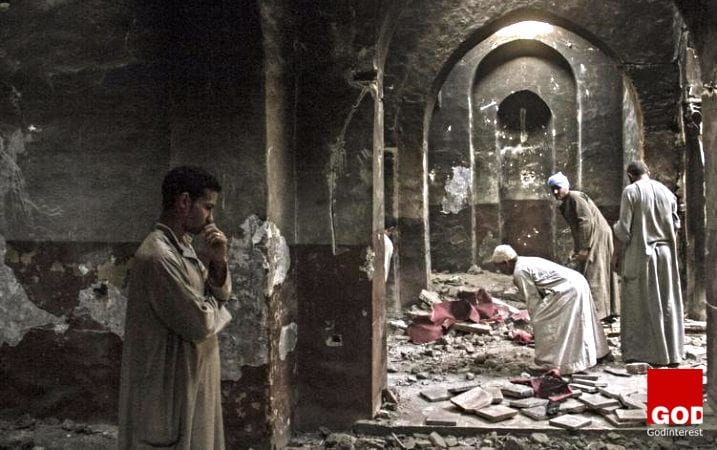It’s been said: If you’re a believer in Christ you need to shy away from the trappings of wealth and affluence. Christian millionaires or “Christian (gasp!) billionaires” are not good role models. And that is completely true.
Or is it?
Well”¦it turns out you can be a Christian millionaire (or billionaire), love God, and do great things in the world.
According to a study from the nonpartisan wealth research firm New World Wealth, of the 13.1 million millionaires in the world, 7.4 million, or 56.2%, identify themselves as Christian.
This is in contrast to:
- 6.5% who identified themselves as Muslim.
- 3.9% who identified themselves as Hindu.
- 1.7 % who identified themselves as Jewish.
In other words: IT IS possible to love God, do His work, AND be affluent.
And one person who exemplified that was John D. Rockefeller.
John D. Rockefeller became the the richest American ever
His wealth was 1.5% to 2% of the U.S’s GDP (his personal wealth $1.4 billion; the US GDP $92 billion)
Some historians will paint him as simply a ruthless, greedy businessman.
But the facts are this:
- He was a devoted father.
- A devoted husband.
- His “monopoly” brought order to an industry full of discord.
- He loved the Lord and his philanthropy was birthed out of that love.
In this post we’re going to delve into the lessons future Christian millionaires could learn from Rockefeller.
1. HE UNDERSTOOD THE IMPORTANCE OF MONEY
The Bible says,
“A feast is made for laughter, and wine maketh merry: but money answereth all things.” (Ecclesiastes 10:19 KJV)
As a young man John D. Rockefeller had the financial “plan” for his life:
“I remember clearly when the financial plan–if I may call it so–of my life was formed. It was out in Ohio, under the ministration of a dear old minister, who preached, ‘Get money; get it honestly and then give it wisely.'”
Most people are taught that money is a necessary evil. They say,
“Yes we need it but it doesn’t have much importance in our lives.”
Yeah, ok!
That is completely wrong
Rockefeller wanted options for his life and the life of his family. He understood how money would give him those options.
2. HE LEARNED HOW TO BE A GIVER
Over time John D. Rockefeller’s philanthropy equated to hundreds of millions of dollars (billion adjusted for inflation)”¦
”¦ and he did this because he learned how to give at an early age.
His giving began with his first job as a clerk at age 16. By the time he was twenty, his giving exceeded 10% percent of his income. According to his biographer:
“During his first year on the job, the young clerk donated about 6% of his wages to charity, some weeks much more. ‘I have my earliest ledger and when I was making only a dollar a day I was giving five, ten, or twenty-five cents to all these object, ‘ he observed. He gave to the Five Points Mission in a notorious lower Manhattan slum, as well to ‘a poor man in church’ and a ‘poor woman in church.’ By 1859, when he was twenty, his charitable giving surpassed the 10 percent mark. Despite a pronounced tilt toward Baptist causes, he gave early hints of an ecumenical bent, contributing money to a black man in Cincinnati in 1859 so he could buy his wife out of slavery. The next year, he gave to a black church, a Methodist church, and a Catholic orphanage.”
Rockefeller was always under the belief his success was divinely inspired. He said, quite emphatically:
“God gave me my money.”
Why did God single John D. Rockefeller out for stupendous wealth? He believed it was because he was a good steward. In his seventies he said:
“It has seemed as if I was favored and got increase because the Lord knew I was going to turn it around and give it back.
There is enough statistical data that shows a correlation between tithing and wealth.
Now to be clear–I’m not suggesting that if you tithe:
- someone is going to pay off your debt
- a check is coming in the mail
- or you’ll be a millionaire overnight
Not at all.
I AM saying that there is story after story of affluent people who loved God, who testify to the power of tithing and giving. So whether you are a millionaire or just starting out”¦learn to give now.
3. HE MADE MONEY HIS SLAVE
He knew from early on that money was important. But he also knew he wanted to be the master of money– not its servant.
By the time he was 12 he had saved $50, about $1400 in today’s money. He then loaned a farmer the $50 at 7% interest. At the end of the year he collected $3.50 with absolutely no work. He later said,
“The impression was gaining ground with me that it was a good thing to let the money be my slave and not make myself a slave to money.”
When Jesus spoke about good stewardship it wasn’t just about handling money”¦it was about multiplying money:
For the kingdom of heaven is as a man travelling into a far country, who called his own servants, and delivered unto them his goods. And unto one he gave five talents, to another two, and to another one; to every man according to his several ability; and straightway took his journey. Then he that had received the five talents went and traded with the same, and made them other five talents. And likewise he that had received two, he also gained other two.But he that had received one went and digged in the earth, and hid his lord’s money.” (Matthew 25:14-18 KJV)
Another translation says verse 16 like this:
he servant who had received five talents went and put them to work, and gained five more.” (Matthew 25:16 Berean study Bible)
Rockefeller was a hard worker. When he worked as a bookkeeper he would sometimes put in 12 hour days. But even while he was an ordinary laborer he would trade his own money in different futures and commodities.
In other words, he was always looking for ways to put his money to work.
Jesus also saidAnd he called his ten servants, and delivered them ten pounds, and said unto them, ‘Occupy till I come.'” (Luke 19:13 KJV)
And he called his ten servants, and delivered them ten pounds, and said unto them, ‘Occupy till I come.'” (Luke 19:13 KJV)
That Greek word “occupy” is the Greek word “diapragmateuomai” (pronounced dee-ap-rag-mat-yoo’-om-ahee). It has different meanings:
- “Gain by business trading.”
- “Busily engaged in making trades.”
- “Increase by trading.
It implies active, detailed trading that “buys right” and then knows just when to exchange.
Wow!
So in other words:
- “Gain by business trading” till I come.
- “Be busily engaged in making trades” till I come.
- “Increase by trading till I come.
Selah.
Here’s the Next Step”¦
Now to turn it over to you:
Which of these Rockefeller lessons are you going to implement today?
Are you going to focus more on wealth?
Are you going to strengthen your never-ever-give-up muscles?
Or maybe you’re going to start tracking your money like John D. Rockefeller.
Either way let me know by leaving a comment below.


















